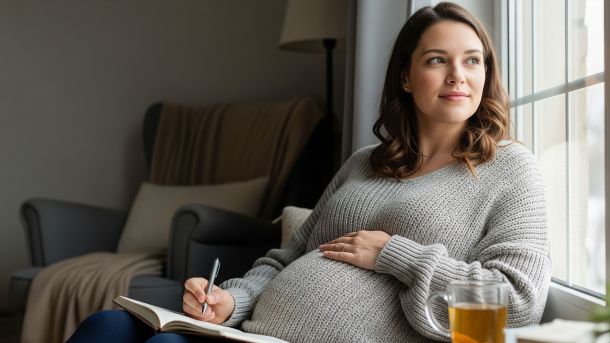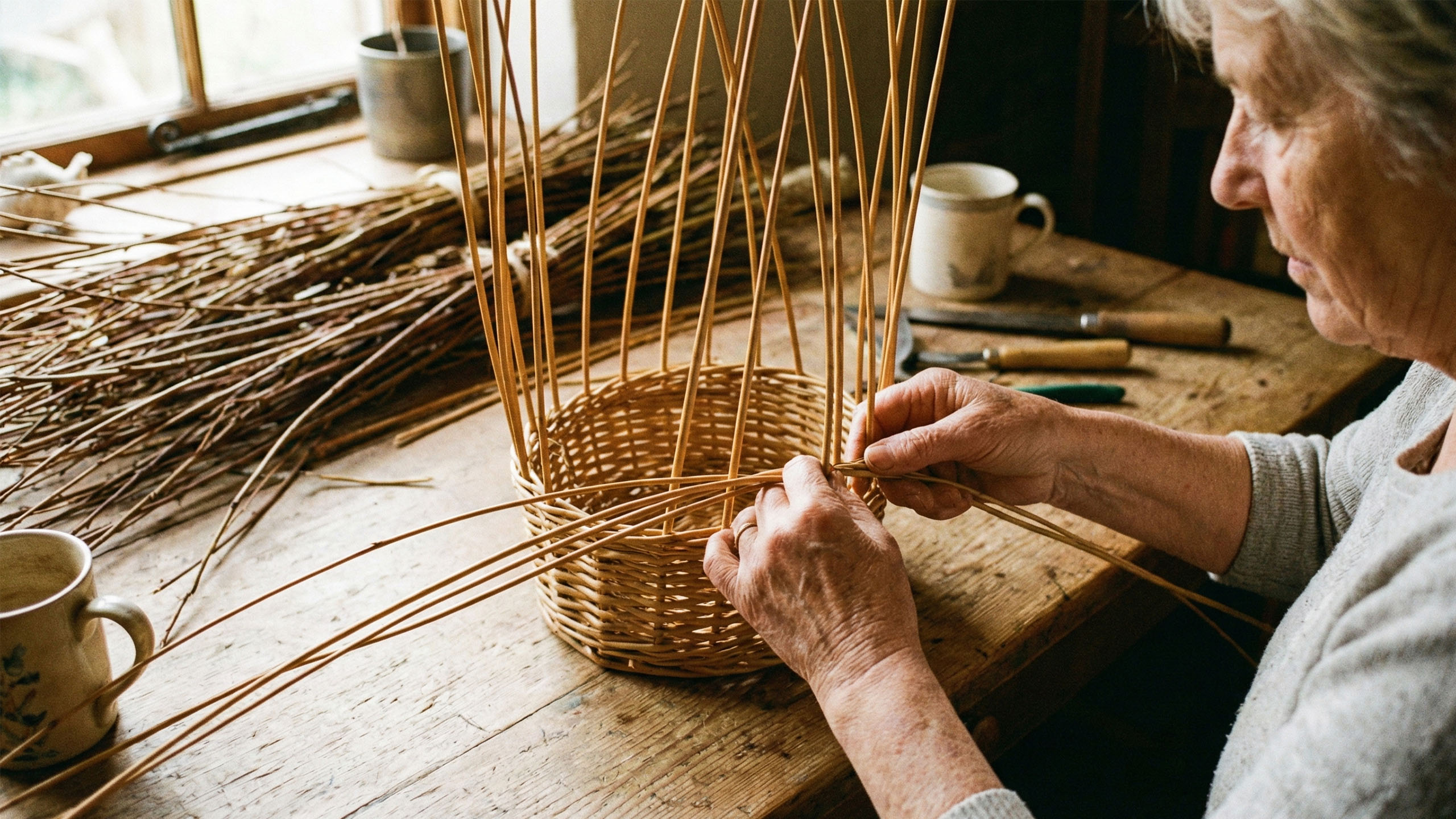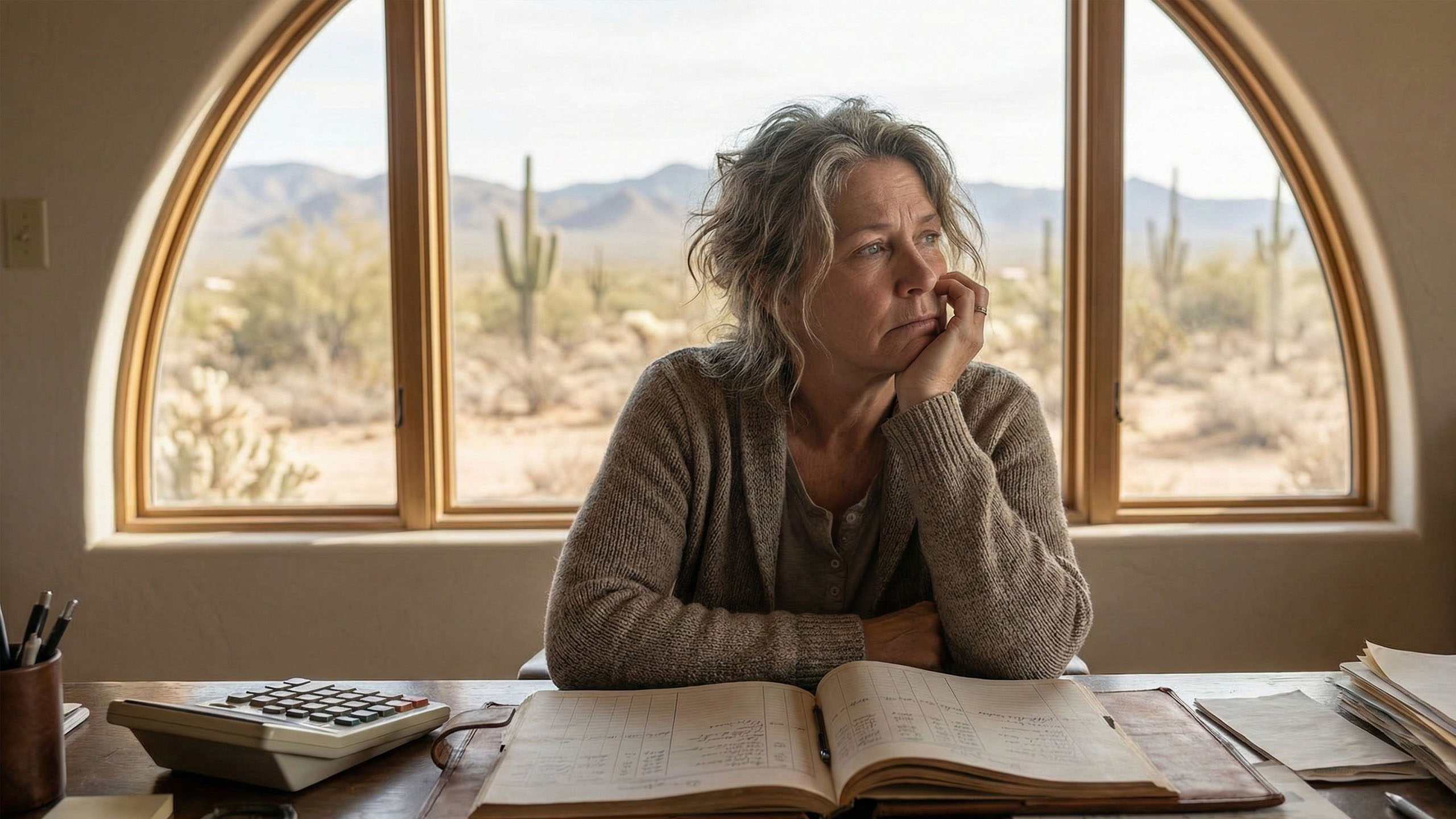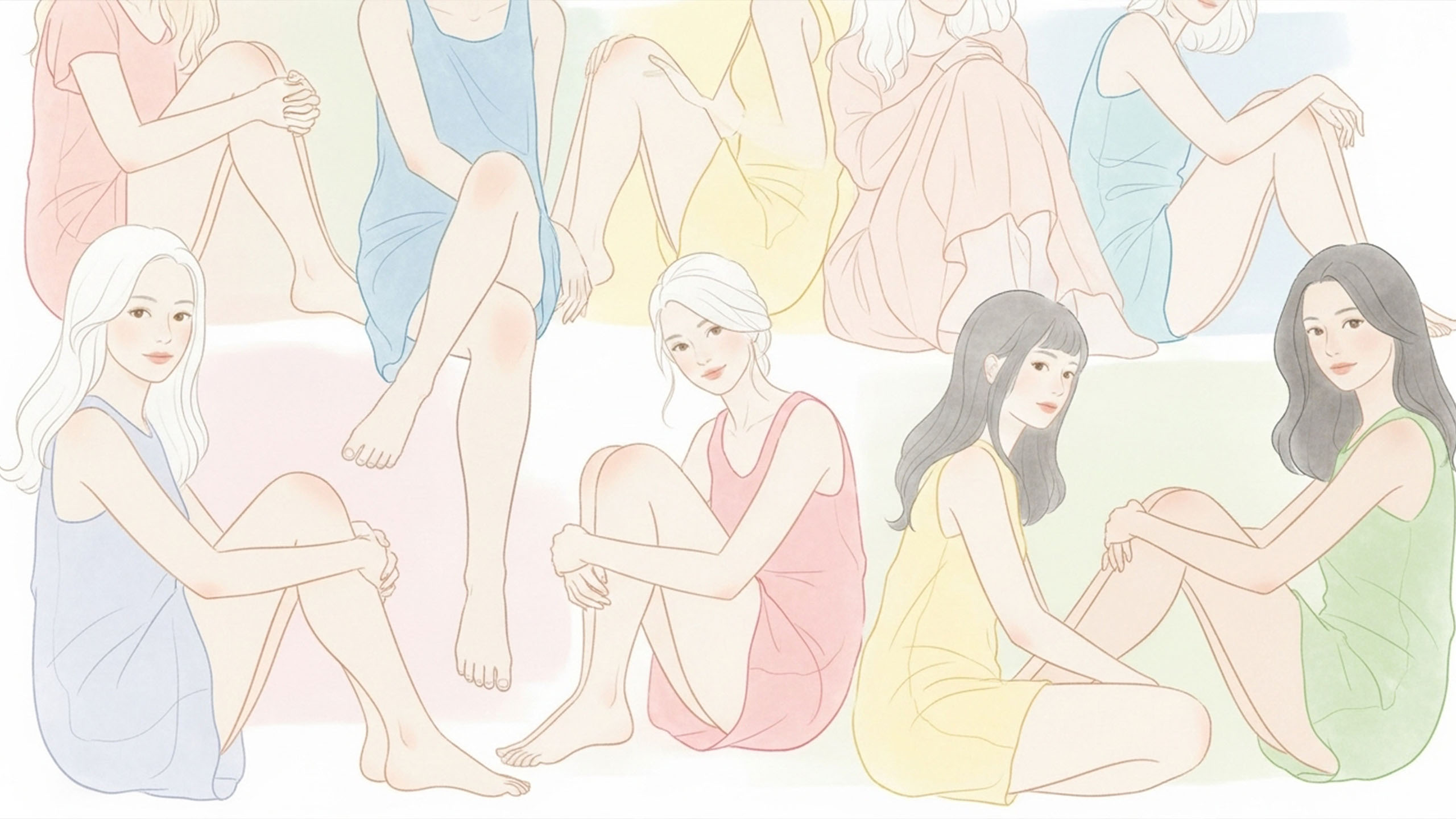
Choosing Childfree: Selfish Freedom or Inevitable Sadness?
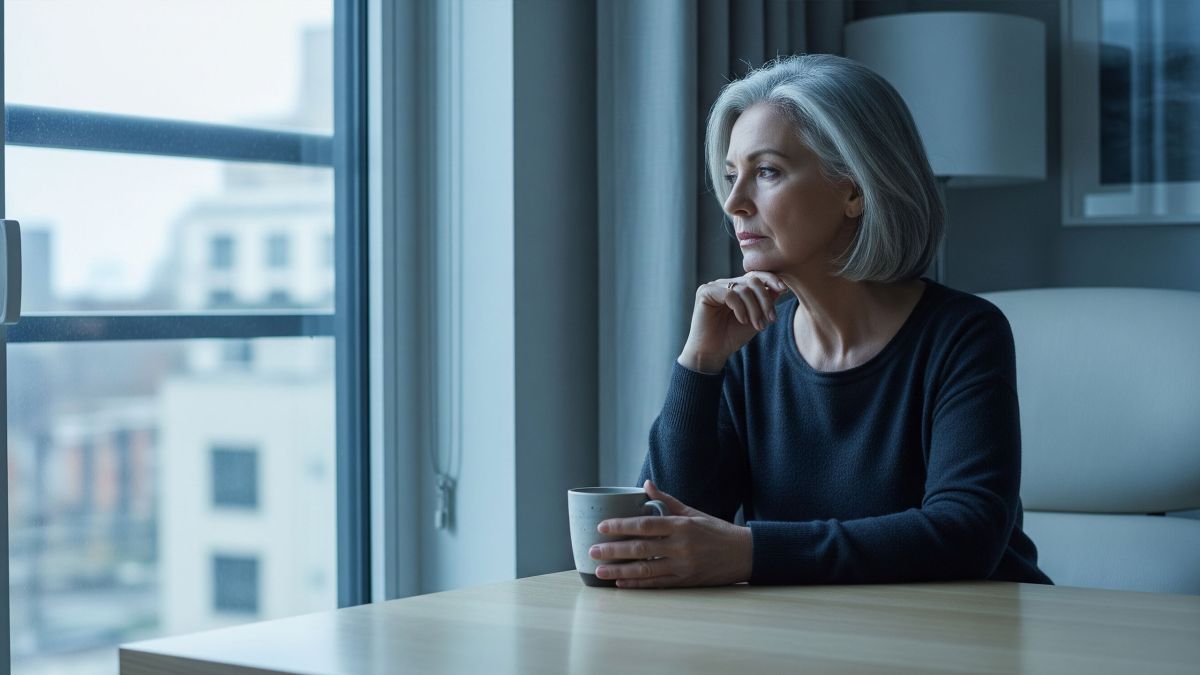
In today's society, the decision to remain childfree is often hailed as the ultimate expression of personal liberty—a bold rejection of traditional roles in favor of career ambitions, travel, and self-fulfillment. But is this truly freedom, or is it a form of selfishness masked as empowerment? More importantly, could it lead to profound sadness in later years?
Modern women are bombarded from childhood with messages rooted in feminism, woke ideology, and Diversity, Equity, and Inclusion (DEI) initiatives that prioritize individual autonomy over family life. These forces subtly—or not so subtly—steer women toward childlessness, framing it as progressive and chic. Yet, as fertility windows close, many women confront a harsh reality: regret and isolation. This isn't just anecdotal; it's a growing pattern that questions whether these ideologies are liberating women or controlling their choices to fit a collective agenda.
From an early age, girls are indoctrinated with feminist ideals that equate success with independence from men and motherhood. Feminism, once about expanding opportunities, has evolved into a doctrine that often devalues traditional family structures. Social circles, media, and online communities promote childfree living as the enlightened path, dismissing motherhood as outdated or oppressive. What's "chic" in these echo chambers—brunch dates, career climbs, and pet parenthood—is dictated by a vocal minority of influencers and activists who decide what a woman's life should look like. But this isn't organic desire; it's conformity disguised as choice. Women are told that bearing children is a burden, a setback to equality, yet the data tells a different story. A study of U.S. women found that while many childfree individuals express no regrets initially, a significant portion—up to 25% in some surveys—begin to feel sorrow once past childbearing age, reflecting on missed opportunities for legacy and companionship. Personal accounts echo this: one woman in her 50s shared, "I made a conscious decision not to have children... but now I regret it," citing the emptiness that fun and freedom couldn't fill.
Woke ideology amplifies this pressure, pushing narratives that frame reproduction as environmentally irresponsible or socially regressive. In elite circles, childfree status is celebrated as a stand against overpopulation or patriarchal norms, but this ignores the human cost. Women in their fertile years are encouraged to delay or forgo children for "self-care" and activism, only to face loneliness in old age. Recent discussions on platforms like YouTube highlight women approaching 60 who question their choices, admitting that societal expectations of perpetual youth and independence left them unprepared for the void. This isn't freedom; it's a scripted life path imposed by collectives who claim to champion diversity but homogenize women's experiences into anti-family molds. The result? A generation of women discovering too late that what was sold as empowerment feels more like loss.
DEI initiatives in workplaces exacerbate this trend. While ostensibly about inclusion, DEI often promotes corporate cultures that reward childless employees with flexibility for overtime, travel, and promotions—implicitly penalizing mothers who need family leave or adjusted schedules. Companies tout fertility benefits like IVF access for diverse groups, but this masks a deeper push: encouraging women to prioritize careers over natural fertility timelines. Black women, for instance, face higher infertility rates yet lower access to timely care, compounded by DEI rhetoric that emphasizes professional equity over family planning. The irony? These programs claim to support "all family structures," including childfree ones, but they subtly control women's decisions by making motherhood seem incompatible with success. Is it coincidence that fertility rates plummet in DEI-heavy environments, where women are groomed to conform to a childless ideal?
Critics might argue that childfree life offers undeniable perks: financial stability, more time for hobbies, and reduced stress. Fair enough—some women thrive without children, reporting higher happiness in studies. But this overlooks the long-term toll. Forums abound with older women lamenting, "I thought I was free, but now I'm alone." Even parents with challenges rarely regret their children; one survey showed 88% of parents viewing parenthood as life's pinnacle. The childfree path, pushed by feminist and woke collectives, risks turning personal choice into collective regret.
Ultimately, true freedom means rejecting external dictates and honoring innate desires—often, for women, that includes motherhood. All women should take a moment, as individuals, to question the ideologies controlling their narratives. Don't let a faceless collective decide your legacy. Childfree might feel selfishly liberating now, but sadness awaits those who realize too late that family, not fleeting trends, brings enduring joy.



 Deutsch
Deutsch  English
English  Español
Español  Français
Français 